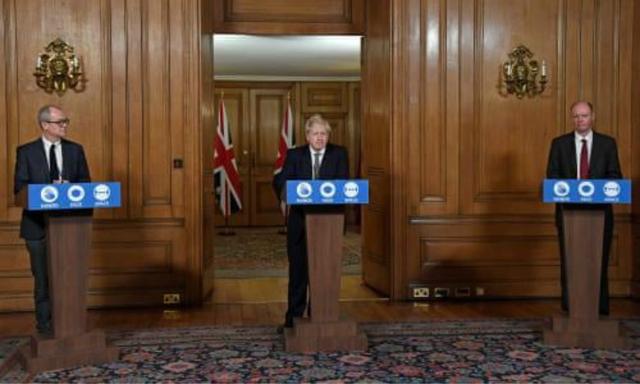Guardian report, a formal assessment by the Public Health Agency of England (PHE) found that the accuracy of the new coronavirus antibody finger detection agent that the British government had previously purchased in large quantities was far lower than that claimed by the company that produced the product 99% of it.

According to the report, although the UK Department of Health and Social Welfare (DHSC) had seen the PHE assessment report at that time, on October 6th, the British Minister of Health James Bethell announced that the government had purchased 1 million copies of this report. Kind of kit.
Abingdon Health, which makes this virus detection tool, claims that its accuracy rate is 99%. But the PHE report published in the British Medical Journal (BMJ) on Thursday stated that the test can confirm 92.5% of known positive cases. But in the real environment, its accuracy rate dropped to 84.7%.

This means that if 10% of the people tested have been infected before, about one-fifth of the positive results will be false, that is, false positives.
In an editorial in the British Medical Journal, two experts, Dipender Gill from Imperial College London and Mark J Ponsford from Cardiff University, stated that the company overestimated the accuracy of the test due to the way the test was conducted. This detection reagent should not be widely used, and its application may bring considerable harm.
The report said that the results of the PHE assessment made the British ministers feel very embarrassed. They formed an alliance this spring to conduct antibody testing for the British people. The alliance is led by Abingdon Health, and Oxford University is also a member of the alliance. . Some non-governmental organizations have filed a lawsuit against the British government because the British government previously awarded two antibody testing procurement contracts to Abingdon Health without conducting a tender. One is worth 10 million pounds and the other is 75 million pounds



